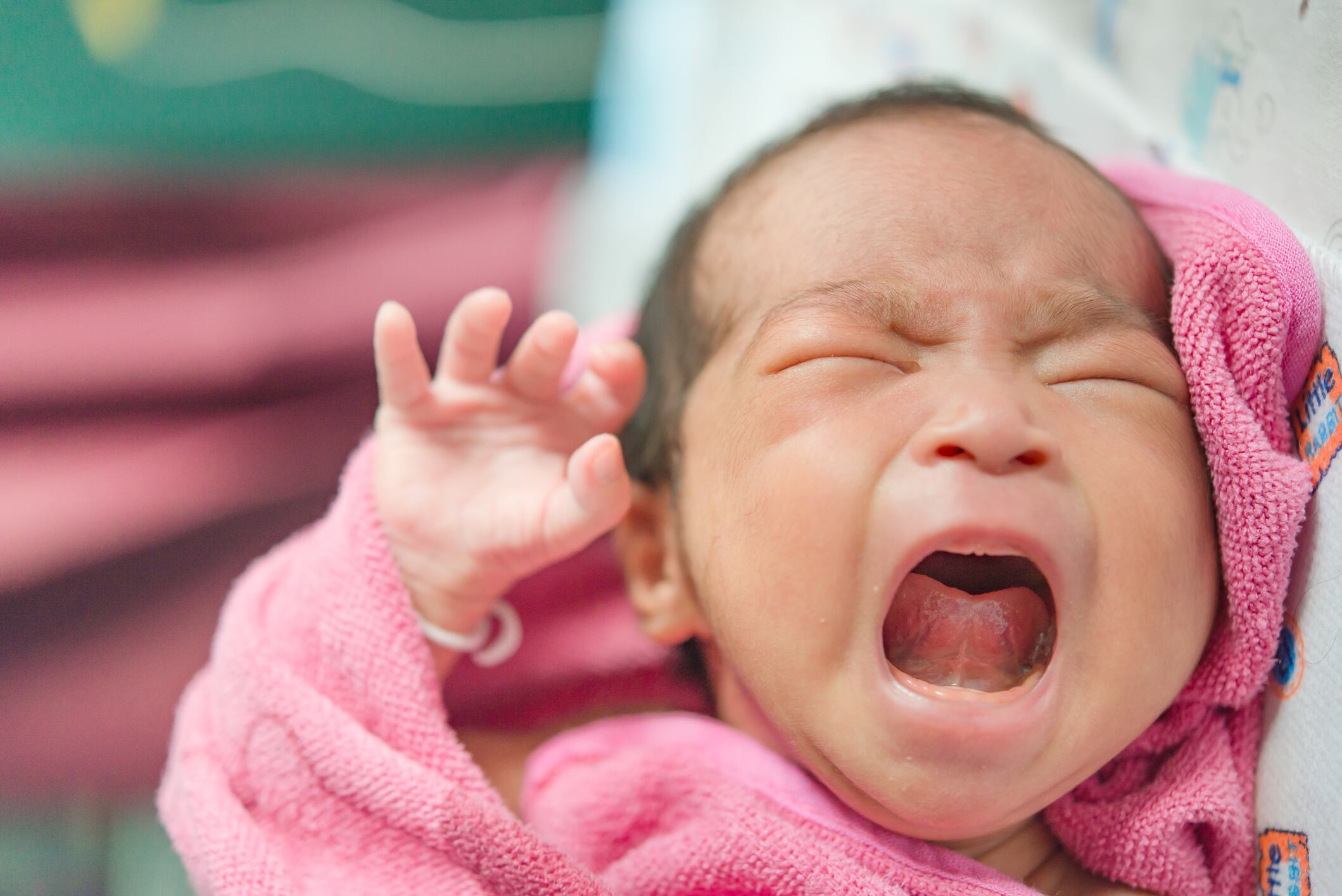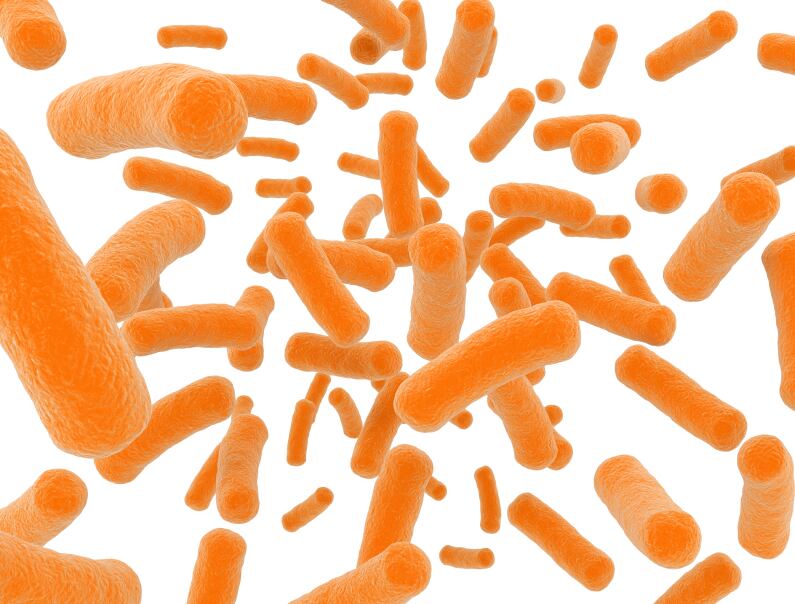Scientists from the Universities of Bristol and Reading found that 28-day old piglets produced very different levels of immune cells, antibodies and other immune-associated molecules depending on their gender.
This latest study, published in Frontiers of Immunology, contradicts previous evidence that suggested the difference in immunity begins during puberty.
The paper studied 28 neonatal piglets and found that probiotics and prebiotics work differently in males compared to females.
Piglets: models for nutrition
Dr. Marie Lewis, principal investigator and lecturer in Gut Immunology and Microbiology at the University of Reading, told us, “Piglets are extremely valuable models for nutrition in humans due to similarities in diet, gut physiology, immunity, metabolism and gut microbiota and so findings in pigs are far more likely to translate into human healthcare than, say, findings from rodent studies.”
"Correct development of the immune system is essential in ensuring it responds appropriately to both harmful and harmless stimulation throughout life and this development, even during the first days of life, depends on your sex. Although we don't know why, we know that young girls tend to produce a more protective immune response to vaccination than boys. But what we did not expect to find is that young girls also appear to have a more regulated immune environment in their intestinal tissues than boys. This is important because around 70% of the immune system is in the gut and this is also where its development is driven during early life, largely by the resident gut bacteria.”
Gender-specific approach could be on the horizon
The findings could have important implications for future research and the administration of probiotics. Dr. Lewis said that these results suggest nutritional trials in youth may need to be redesigned and reanalyzed. “Currently, studies looking at the effectiveness of dietary supplements on the immune system assume that the same thing happens in boys and girls. But we show this is not the case and that sex may be influencing data on the effectiveness of probiotics and prebiotics in infanthood."
The findings were a complete surprise to Dr. Lewis and her team, who told us that up until now, the differences in immune development in the gut between boys and girls hasn’t been explored.
“Given these underlying differences it is perhaps unsurprising that nutritional interventions which effect the immune system, in this case probiotics and prebiotics, had different effects in males and females. We would hypothesis that this would also be the case for other interventions which impact on immunity, including pharmaceutics. It is the early days and so we are not yet in a position to advise which interventions are best suited to which sex, but it is likely that in the future we will be able to tailor treatments this way so they work much more effectively.”
Allergies and the immune system
A 2018 study by Dr. Lewis found that immune system development in the gut of pigs can be programmed very early on. The research team found that piglets exposed to an extensive, outdoor farm setting during just the first day of life retained a regulatory immune environment in their guts even after 28 days of 'urban living'. This finding is of particular interest since children raised on farms are linked to reduced incidences of allergy development.
The number of immune-associated diseases, such as allergy and autoimmunity, are growing at an alarming rate, according to Dr. Lewis, who suggested the culprit is exposure to microbes during infancy.
“Immunity is largely driven by gut microbes and our guts are sterile until birth. It is becoming increasingly apparent that getting the right bugs into the gut in the right order is essential for correct immune development. If the pattern of microbial colonization and succession is wrong, then the immune system doesn't develop properly and this can result in inappropriate immune responses to harmful and harmless antigens in later life. Luckily, these gut bacteria provide an accessible target for interventions to improve the development of immunity and therefore immune function in later life. This is especially important for infants who are not exposed to the correct microbes during early life. These include those born by Cesarean section, or receiving antibiotics during the first year or so of life. Only our results indicate that certain probiotics and prebiotics may benefit males more, whilst others may benefit females more and this is what we need to work out next.”
“We have highlighted the issue which now needs to be addressed”
The study concludes that the findings may present an appropriate model for studies of the mechanisms underlying sex disparity in immune development and sex-specific responses to functional foods in the future.
Currently, Dr. Lewis and her team are exploring the impact of different types of iron supplementation to counteract anemia on immune, microbiota and metabolic development. “These three systems are interlinked and since there are sex differences in immunity in very young piglets, there are likely to also be differences in gut bacteria and metabolism.”
Looking ahead, Dr. Lewis told us that, “With these findings in mind, we will now need to account for sexual dimorphism in immunity in young piglets in all of our future studies and I suspect others will do the same. A great deal of adult human trials include only one sex, even though we already know a bit about differences between males and females in terms of disease and how they respond to various treatments. However, most studies assume that there won’t be differences in responses to treatments between the sexes in infants and young children, but we have shown this is not necessarily the case. We have highlighted the issue which now needs to be addressed.”
Source:
Frontiers of Immunology
09 December 2019 | https://doi.org/10.3389/fimmu.2019.02705
“Sexual Dimorphism in Immune Development and in Response to Nutritional Intervention in Neonatal Piglets”
Authors: Z. Christoforidou, et al.




